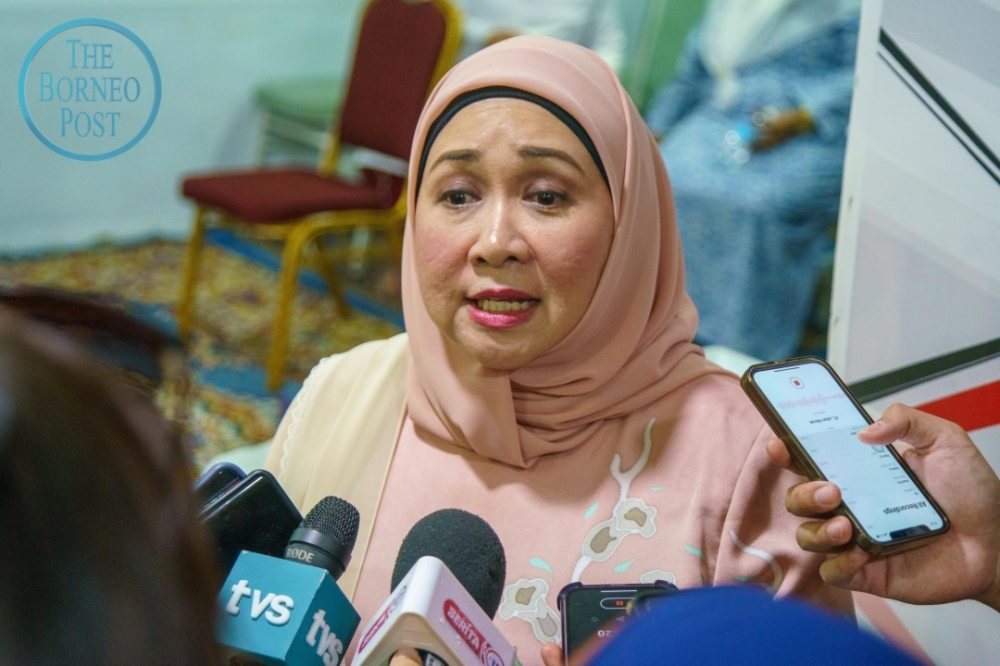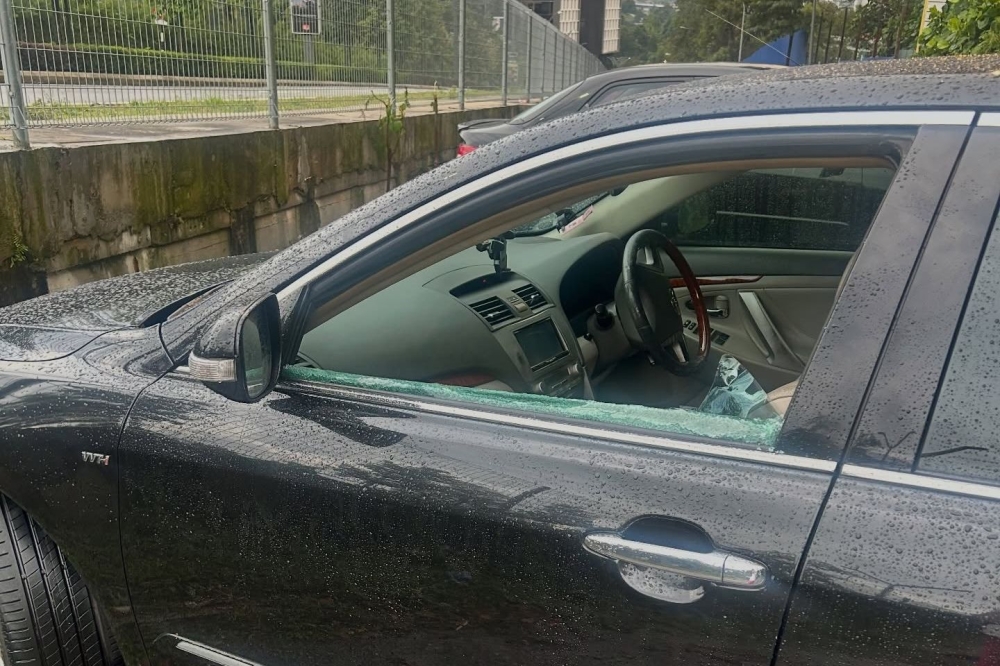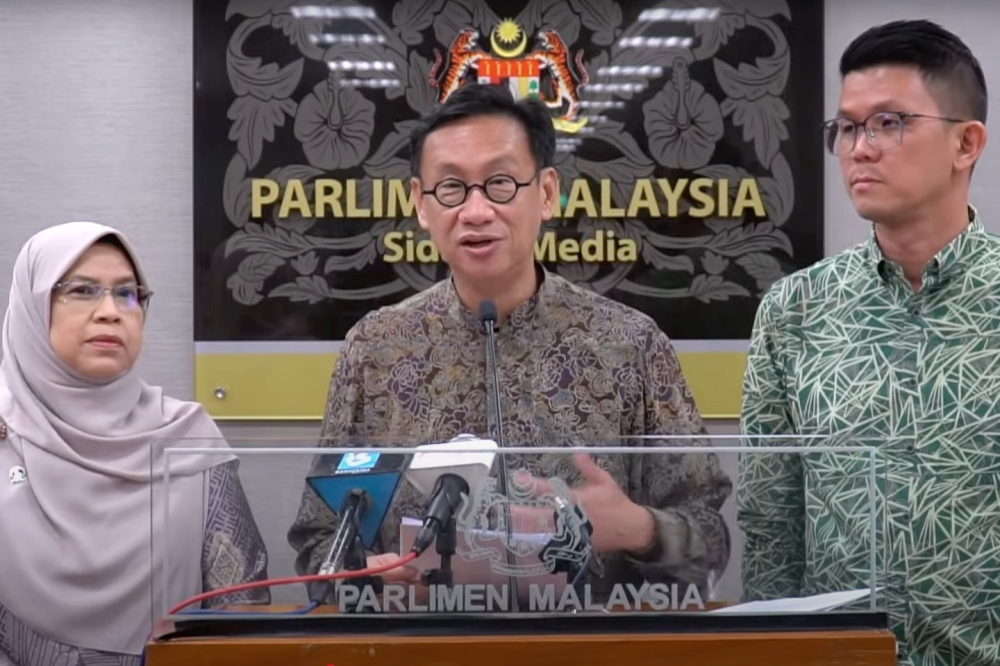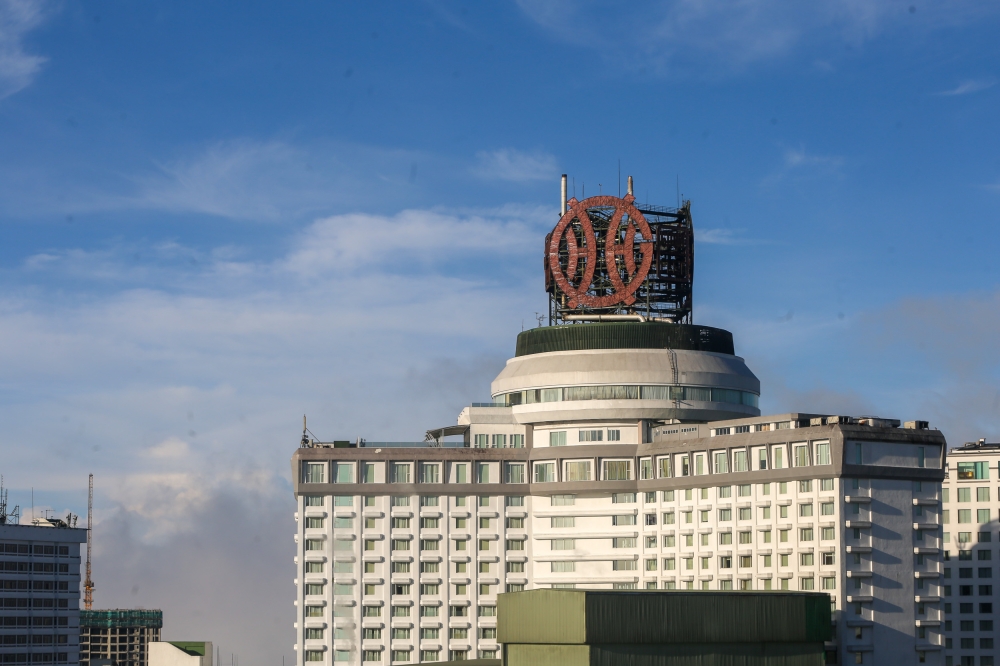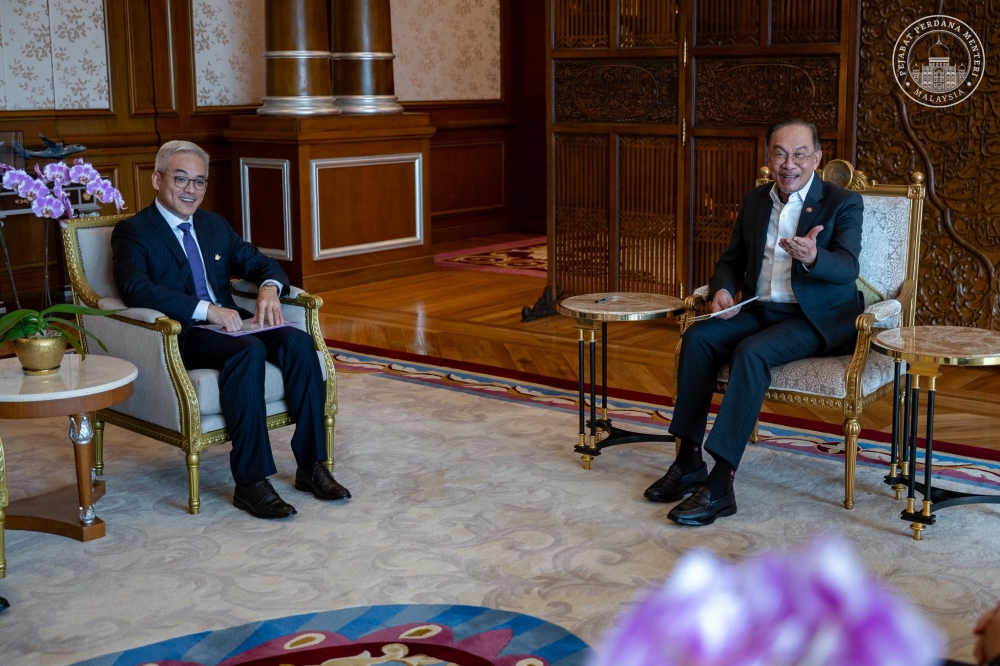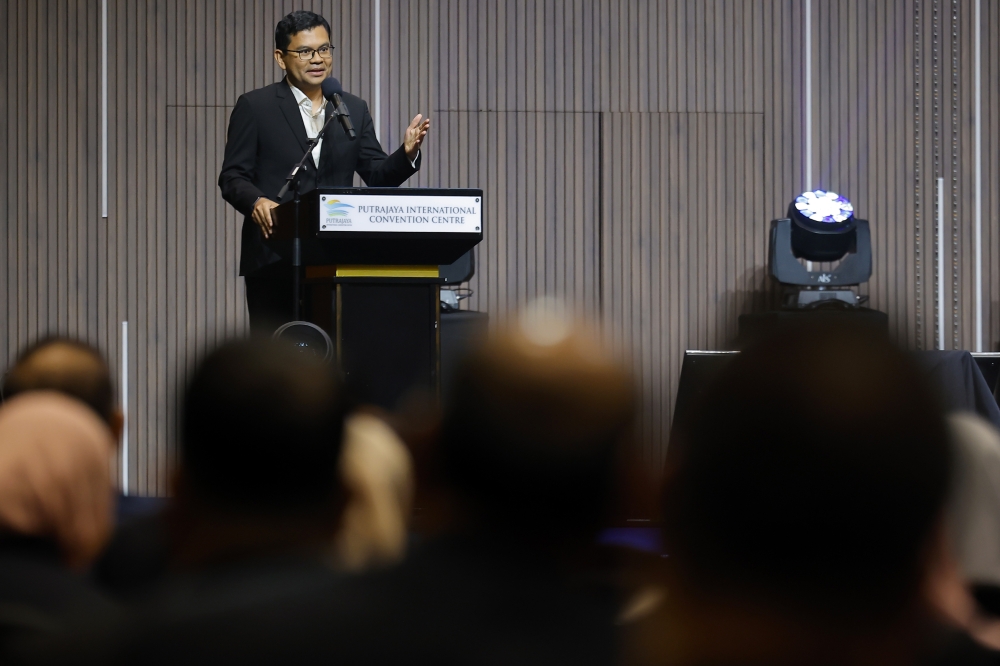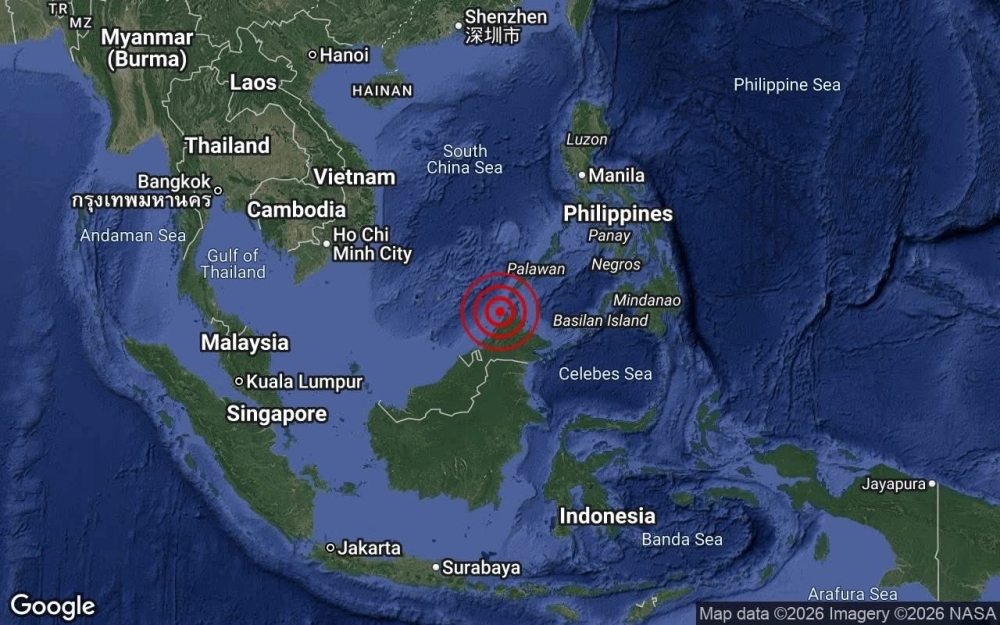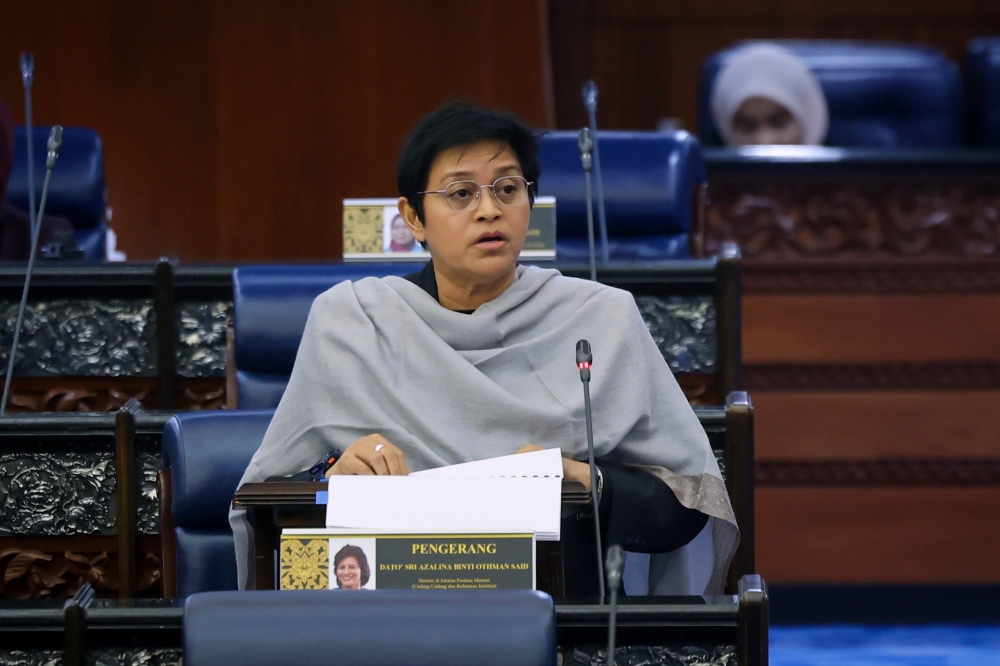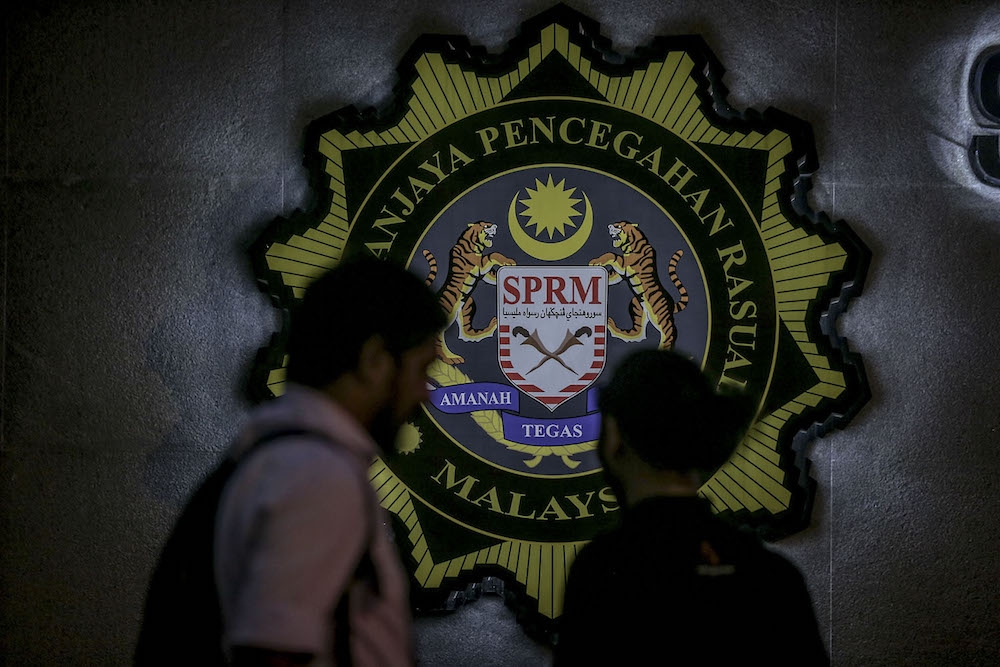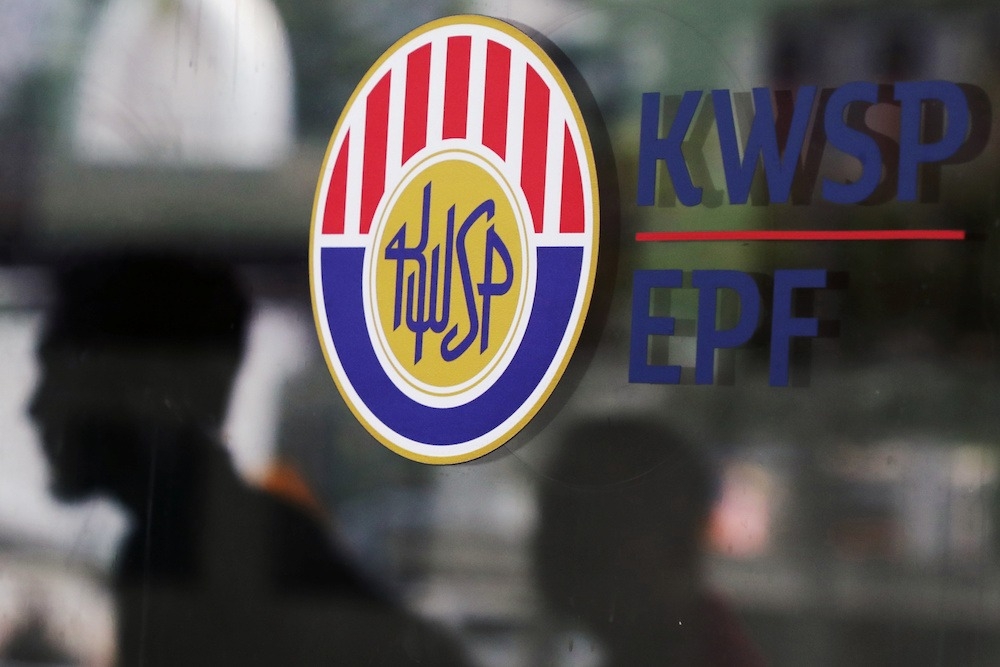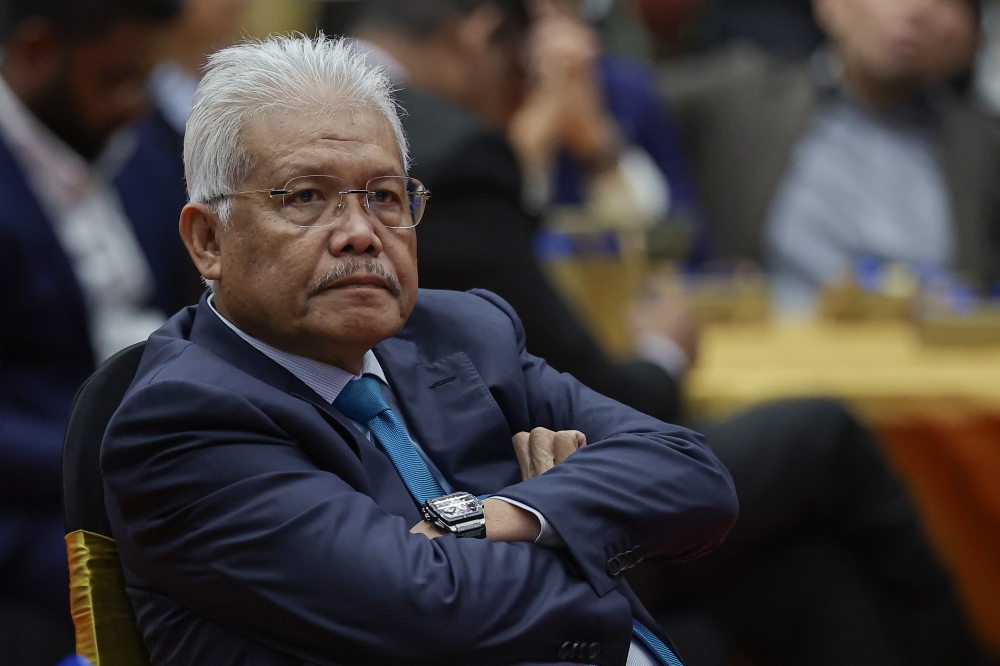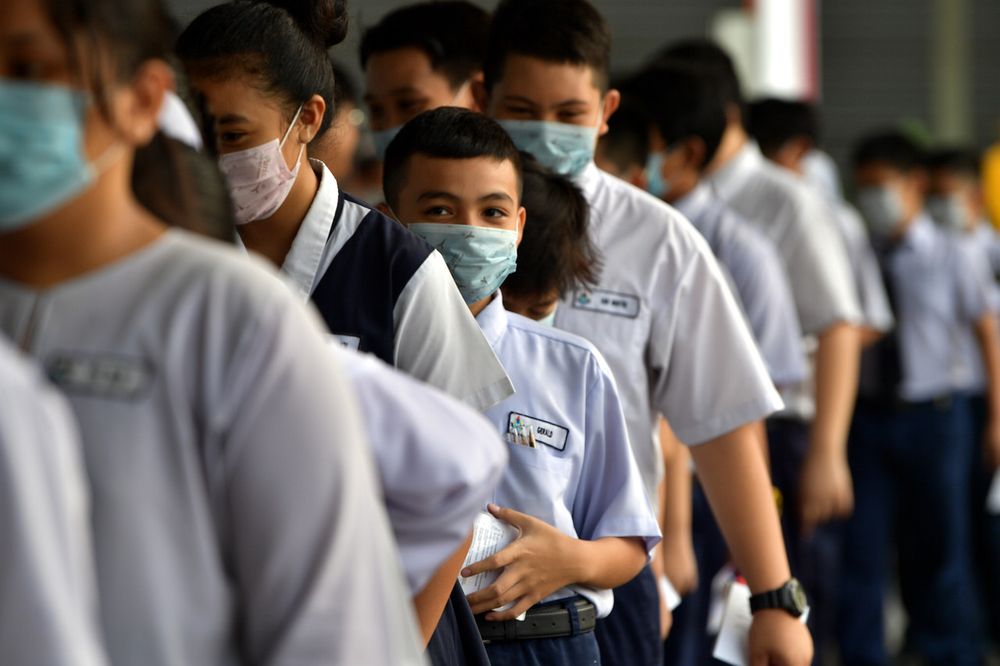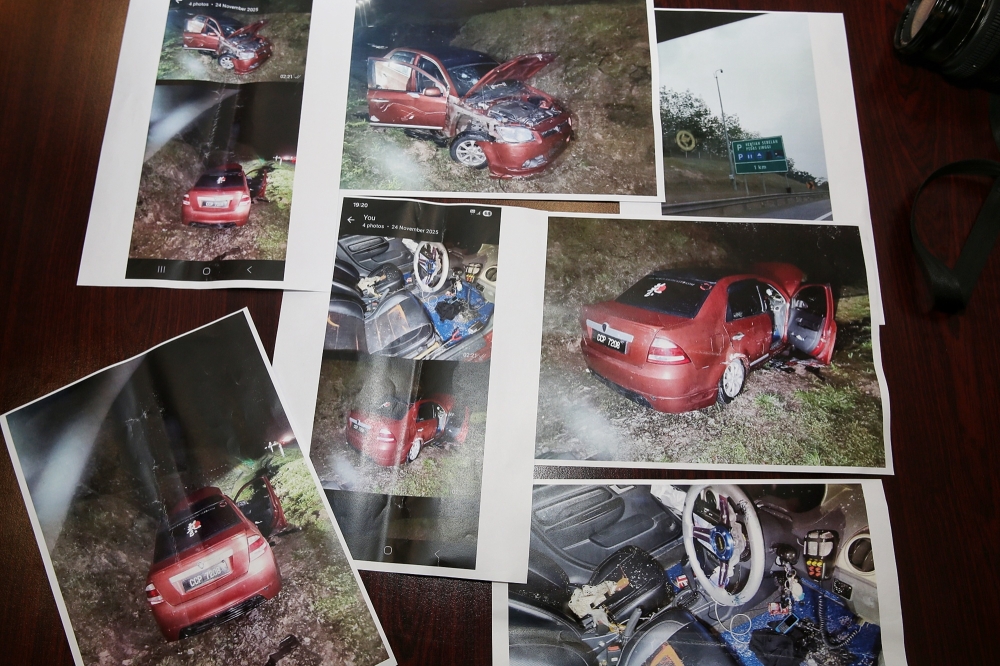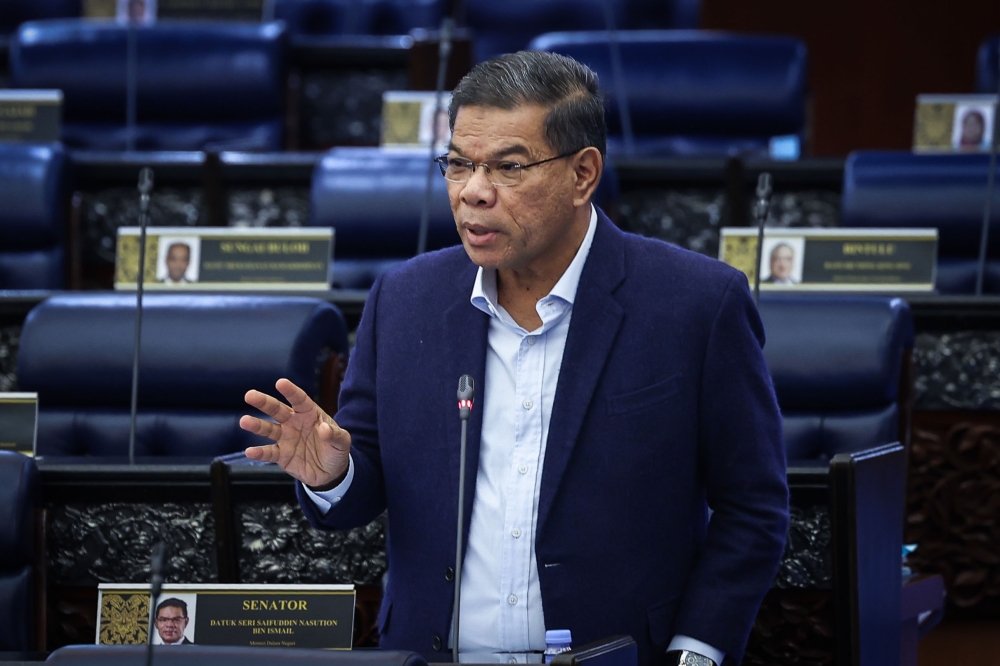KUALA LUMPUR, May 18 — Parents and educators have urged the Education Ministry to come up with a long term plan to ensure schooling students do not get left behind in their studies.
Those polled stressed on the importance of this as it has become more worrying since Covid-19 outbreak has yet to subside, and therefore interrupting normal schooling schedules.
According to Anna Lim, who is a high school teacher in Johor, her students are currently struggling to catch up in school, especially with uncertainties of when SPM dates.
On top of that, Lim said students are also adapting to the new Kurikulum Standard Sekolah Menengah (KSSM) and have not sat a full set of exam papers that is in the new format.
“Most of them are a little ‘lost’ due to inconsistency of class attendance.
“Language subjects they can still practise but fact subjects, I think most don’t know a lot of things,” Lim said.
At the same time, Lim said the government should have already come up with a solution since the pandemic has been ongoing for more than a year now, instead of just taking away standardised examinations — in reference to UPSR abolishment and PT3 cancellation.
“They should have tried to switch to online or phone examinations because right now, students just don’t feel the need to study.
“I think the students just go haywire, in our context, and go ‘yay, don’t need to study for exams,” she said.
Lim also viewed that the education system in the country is not mature enough to have standardised examinations like UPSR removed.
“I still believe in partial examinations, say, testing the necessary knowledge that is required for them to move up a level or so,” she said.
Apart from these concerns, Lim said the government needs to ensure that all information must be readily accessible for teachers.
“Providing access is something necessary, like getting the information to the students, or sending study kits.
“Right now there’s an overload of information online, but no curation.
“I think streamlining the information to what can be used for teachers and also for students to access,” she said.
Independent senior researcher and education consultant Tan Ai Mei also viewed that the removal of UPSR and cancellation of PT3 could cause students to be further left behind in education.
She said this based on her ground research in both primary and secondary schools in the Klang Valley, where she found that students who are in Standards Three, Four and Five could be at risk of giving up on their studies in school since they no longer need to prepare for UPSR.
“The Malaysian society is very examination-oriented and so their main focus is to make full preparations for UPSR.
“Imagine if you take that away, what kind of impact it will make for the students?” she said when contacted.
Instead, she suggested a kind of transition, and not immediately remove such a major examination, one that has been used for decades to benchmark students’ academic performances for secondary school placement.
“Now when you take away UPSR, what are you going to say that would be the focus?
“My friend who works in a primary school, told me that one of their students who was identified as a top student now no longer wants to go for classes, and has lost all his motivation for lessons, simply because the UPSR is removed.
“He just refused to study and do homework... there was a shock in the student’s psychology,” she said.
More involvement from teachers
Parents Action Group for Education (PAGE) chairman Datin Noor Azimah Abdul Rahim on the other hand said supplementary learning methods introduced by the government have been a failure.
For instance, she said the Didik TV which was introduced last year during the movement control order (MCO), was not accessible for children across the board.
“You know why? There is no programme guide available for parents to view — what are the programmes, what time is the programme scheduled — and you can only get it online.
“Already some families have difficulty accessing the internet, and this does not help their situation.
“At the same time, from feedback that I’ve received, the television just isn’t a useful tool for learning because it has always been perceived as an entertainment more than educational,” Noor Azimah said when contacted.
Meanwhile Noor Azimah also said currently students are one-academic-year left behind, and even when they were in school, not much was absorbed.
“Teachers need to be more involved in online lessons or even Didik TV, for example reviewing the programmes on Didik TV and preparing the students a day before on what programmes to watch.
“And the parents at home, they will have to monitor their child and make sure it’s followed through. It has to be a both-way communication,” she said.
Noor Azimah also noted that the syllabus in school should be reviewed in order to make full use of teaching manpower.
For teachers who have no classes now, Noor Azimah questioned the role of teachers who are not scheduled to teach during the MCO.
“The recommended hours for classes are about three hours, so what happens to the teachers who are not teaching these subjects?” she said.
She also suggested for parents who can afford it, they could send their children from tuition classes, however this was a loss on families who have less income.
At the same time, she said school principals should also play a part in the online lessons.
“Just like in school, principals go around to check on the classes and monitor teachers’ performances, they should do the same for the online classes.
“Join in on the classes and find out what goes on during a class, because from some feedback I received, some teachers are not fully utilising the time that they have — starting late or ending early.
“If the principals are doing this, the teachers wouldn’t dare not use up the one hour,” she said.
Hybrid learning
SJK (C) Puay Chai 2 Parent Teacher Association chairman Loh Thian Hong meanwhile suggested that a hybrid learning system should be implemented in school that are able to adopt it.
Especially in the setting of bigger schools, Loh said hybrid learning is most suitable now to reduce the amount of students present at school.
Loh suggested for a system to be worked out between students who can attend classes at school and those who preferred to stay at home.
“This can lighten the burden of families who cannot afford devices needed to attend online classes.
“Some schools can do this, especially the bigger schools, while the smaller schools perhaps the government could support them in terms of infrastructure needed to implement this system,” he said.
Agreeing with Loh, parent of four, Jess Teng is worried about her children getting left behind and would opt for hybrid learning if the government would implement such a system.
“Online lessons alone is not enough. I have seen them during class.
“Some of the students can’t pay attention, maybe because they are primary school children so they are too young to absorb lessons taught online.
“Unlike when they are at school, the teacher can take a look at their books and correct them on the spot,” she said.
Teng also suggested that parents should be allowed a choice, whether they prefer online or offline lessons.
“When the teacher is teaching in class, have a webcam in the class so students who opt to stay home are on the same pace as those who opt to go to school.
“This way, the number of pupils per class can lessen too, reducing risks of crowding,” she said.
However, she pointed out that teachers needed to be provided with tools as some were utilising their own devices and forking out internet data.
“But some teachers couldn’t, and this impact the amount of online classes that can be conducted.
“Currently it is based on the teacher’s individual capacity when it should be provided for by the Education Ministry.
“Perhaps before the pandemic, minimal internet speed or connection is enough but clearly the schools need better internet connectivity now,” she added.
But because there isn’t really a solution right now, Teng is sending her children to online one-on-one tuition classes, hoping they would not be left too behind in subjects such as Mathematics and Mandarin.
“They are definitely left behind. My son can’t pick up as fast as my daughter when she was in Year One for example. He’s definitely not learning much.
“When my daughter was in Year One, she learnt in school and comes back with homework.
“Now my son doesn’t have any homework at all,” she said.
On the other hand, for Azura Ibrahim, her daughter entered into Year One last year, however three months later, Covid-19 arrived in Malaysia.
Since then, Azura’s daughter has been relying on the day care to help out with homework and revision.
“When schools were closed, the day care was still in operation, so that helped out a bit, at least the kids are still actively doing their revision.
“They are definitely left behind with their progress in school, but I believe that children are resilient, they can catch later.
“Besides, this isn’t just something that is happening in Malaysia, it is happening everywhere,” she told Malay Mail when contacted.
She added that with the abolishment of the UPSR, it helps that her children can go at a more manageable pace in school.
“I don’t need to worry about them not being able to catch up and do badly in a big exam,” she said.
Since the Covid-19 pandemic arrived in Malaysia, schools have not been able to stay in session for more than half a year.
In the recent enforcement of yet another movement control order, schools have been ordered by the Education Ministry to shut temporarily until Hari Raya Aidilfitri school holidays end.

